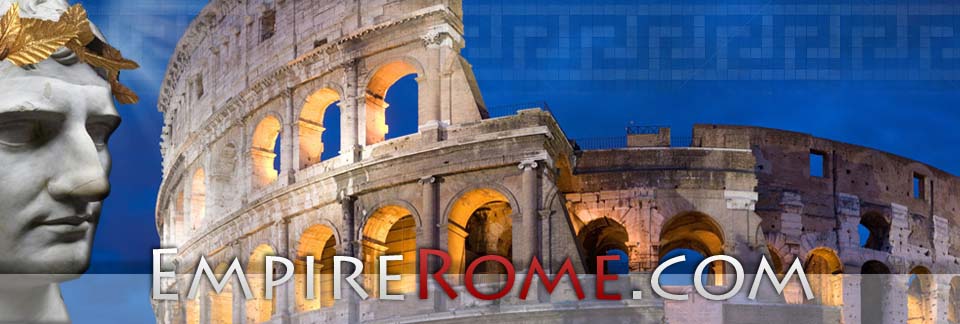Ancient Roman religion was not very structured until Ancient Rome came into contact with the Ancient Greeks around the 6th century B.C. Before Greece’s influence, much of ancient Rome portrayed their deities as just powers and spirits—everything had a sprit. The Ancient Roman gods and deities did not have any human characteristics, unlike many of the world’s religious belief systems did during that time. For example, Egyptian and Greek civilizations represented their gods by using animals and humanoid or human-like type figures. These features are portrayed on Greece’s main god Zeus, as he is represented as an older man with a mustache, beard, and a powerful muscular physique. Another representation of this concept is Egypt’s main god Ra; he is shown as having a human body with a falcon head.
This perception of just spirits and deities soon changed because of Ancient Greece’s colorful representation of the Olympian gods’ personalities and lives. Soon, the Ancient Romans began giving more humanlike qualities to their gods and deities. The concept of the gods soon changed because of Greece’s heavy influence on Ancient Roman religion. The Ancient Roman gods began to take shape and represent human looks and features. A major difference with the Greeks Olympian gods and Rome’s gods was that the Ancient Roman gods were represented as more cold and cruel where Ancient Greece’s gods had more of a human aspect and emotion to them.
It should also be noted that much of what we understand about Ancient Rome comes from works from writers and scribes during that time. Other things such as art work and archeological findings serve as bits of the puzzle that help piece together the story of Ancient Roman culture and practices.

